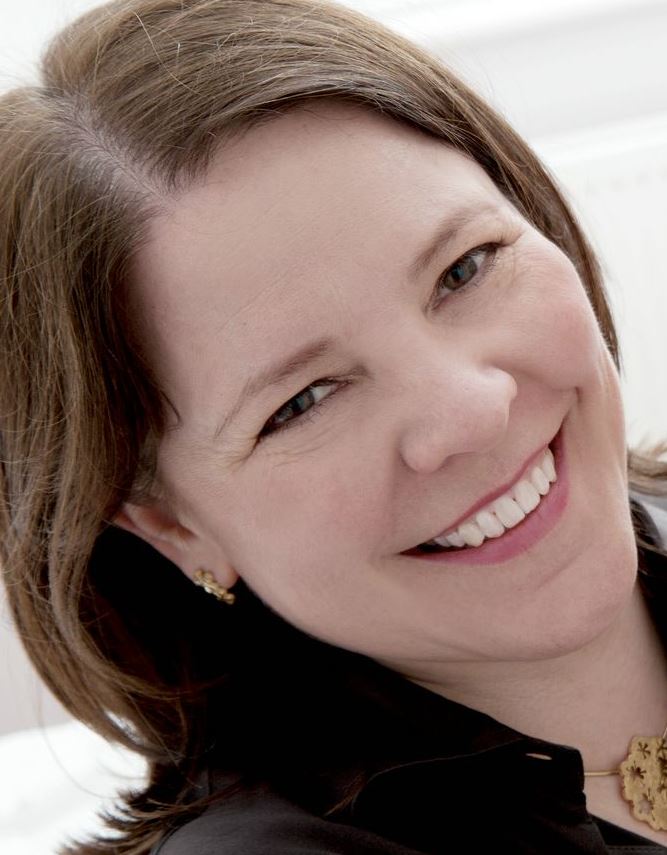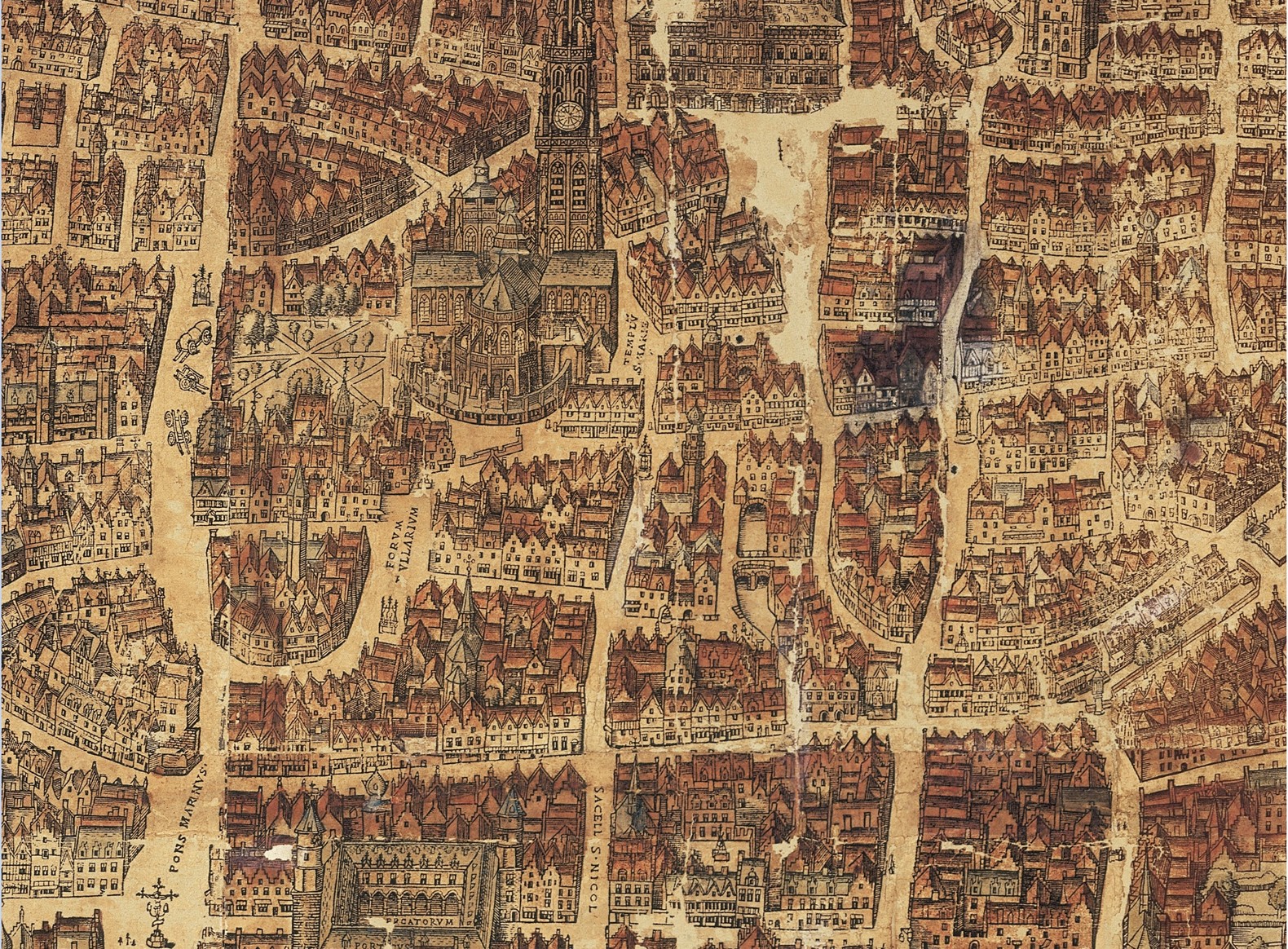Beyond Borders: Dr. Christina Anderson’s Journey of Urban Connection

In our modern world, cities stand as hubs of culture, commerce, and innovation. Yet, beneath the surface of their contemporary facades lies a rich tapestry of history woven through the ages.
Dr Christina Anderson’s research offers a framework for uncovering the histories of other places embedded in the urban fabric and thereby for seeing ourselves as global citizens; “Not in spite of our belonging to a particular home, but because of the connections of our home to other places.”
Through the lens of history and the power of research, Christina uncovers the threads that transcend borders. “Antwerp is my focus of study – how it’s connected; socially, economically. Being from three nationalities myself, I’m interested in how all places are interconnected through infrastructure”.
However, this wasn’t a straightforward journey, which happens in many research careers…
An unexpected career break
Christina’s research career began in 2000 at Sotheby’s in London, followed by time establishing her own research consultancy, and going on to have several postdoctoral Fellowships, held at Oxford, followed by an honorary Senior Research Fellowship at UCL.
However, due to her spouse’s sudden illness, Christina took an unplanned career break, the kind of break from which, she reflects; “it oftens takes you longer to find your way back.”
Due to her home situation, Christina needed a part-time, flexible role that could support her career reentry. She returned to research with a Daphne Jackson Fellowship, sponsored by the AHRC (Arts and Humanities Research Council), and hosted at University College London in the School of European Languages, Culture and Society. Her project was entitled; Merchant Connections: Sixteenth-Century Cosmopolitan Antwerp and Its Transnational Networks.
“A Daphne Jackson Fellowship provided me with a re-entrance to the world of research that takes into account the areas of support that were most beneficial to me”.
During her Fellowship, Christina secured a very prestigious UKRI Future Leaders Fellowship, a scheme meant to develop the next wave of world class research and innovation leaders in academia and business, with an emphasis on impact.
Her UKRI Fellowship relates to her Daphne Jackson research project, still being hosted at University College London, drawing an early but very exciting end to her Daphne Jackson Fellowship.
“My DJ Fellowship helped a lot in paving the way for my UKRI grant. It helped to expand my research proposal and begin networking at UCL. In humanities, you don’t see many people coming back to research. The concept of a returner is less understood, and you can often be put into boxes which aren’t quite right. In my line of research, having a salary is important because, unlike with the honorary position I held during my break, people will take you more seriously. This means you have access to and can open up more opportunities.”
The essential role of support in returning to research can never be understated, and is a crucial mechanism; “My mentors were instrumental in my return to research. I was really lucky to have two colleagues who wanted to help and were available for advice when I needed it”.
The places we call home
Continuing with research from her Daphne Jackson Fellowship, Christina is exploring how connections between places made in the past live on in the present. “I will offer a new framework for understanding the way in which a city’s history is inextricably bound up with those of the places to which it was connected.”
One such building in Antwerp is a former palace connected to a sugar plantation in Brazil. Christina will create a virtual reality sequence so visitors can experience both places at the same time. “I want to evoke a sense of interconnectedness, through built heritage. For example in Antwerp, people can realise they are linked to Brazil through the sugar trade, and the profit made that resulted in the building.”
What lies ahead?
“This new role will be a full-time position, the challenge will be going from part-time to full-time. There will certainly be an adjustment period”. On offering advice to other researchers on a career break, Christina reflects; “having a bigger picture is really helpful – as people already in the University/host setting don’t always know what a returner is. Make a plan for the future, and what you want to happen – don’t wait for opportunities to come to you”.
Utilising a number of different digital approaches to history and heritage, Christina anticipates 4 years of working with research assistants on sixteenth-century Antwerp. With the possibility of future funding, she will later focus on a city in each of South America, Africa and Asia.
The Daphne Jackson Trust wish Christina the best of luck in her new Fellowship, and her career. Find out more about Daphne Jackson Fellowships.
Related posts
Are you looking for an opportunity to return ...
Have you had a career break for family, caring or health reasons? Would you like to return to your research ...
Daphne Jackson Trust training courses are key to ...
A key element of the Daphne Jackson Fellowship is to help rebuild individuals' self-confidence, which can be lacking following a ...
Support the Daphne Jackson Trust in 2015
We rely on the generosity of sponsors and donors to support STEM professionals wishing to return to their careers with ...
Research carried out by Daphne Jackson Fellow identifies ...
Dr Frances Pearl, a Daphne Jackson Fellow 2011-2013, has analysed genetic data from 5000 cancerous tumours to identify potential new ...
Teresa Anderson MBE, to chair Daphne Jackson Trust’s ...
The Daphne Jackson Trust is delighted to announce that Dr Teresa Anderson, Director of the Jodrell Bank Discovery Centre, University ...
Interview with Daphne Jackson Fellow in The Biochemist ...
Dr Marjorie Gibbons is returning to research at the University of Bath with a Daphne Jackson Fellowship sponsored by the ...





